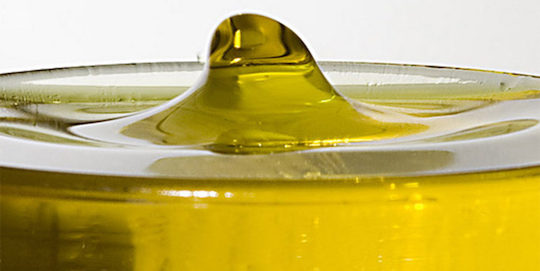For 6000 years, olive trees and their fruit have enriched every civilization and have been instrumental in our history. Olive treeshave survived for centuries and the delicatessen product coming from them, EVOO, has been considered more beneficial than any food. This is because of its multiple uses. It has been used as a spiritual ally, a healing ointment, medicine, a lubricant, a soap that purified body and soul, and it has been used for lighting lamps.
Julie Angus, a Canadian t-shirt maker, adventurer, writer, cyclist and businesswoman, was the first woman to row 4,000 miles from land to land across the Atlantic Ocean. On one of her trips to Syria to visit her relatives, she discovered that olive trees were an important symbol of identity for the Syrian people. Then, she began an expedition to investigate and answer the origins and history of this crop. Embarking with her family, she travels the Mediterranean in search of the route the Phoenicians used. She did this in order to find out how the crop, which has been so influential in great civilizations, was domesticated and expanded.
All of the adventures and discoveries of the expedition were written down in her book titled, «Olive Odyssey: Searching for the Secrets of the Fruit that Seduced the World.» This not only tells the story of this adventurous Angus family expedition, but provides the reader with a source of contrasting information on the culture, history, geography, archaeology, and medicinal science of what, as the book is aptly titled, is the fruit that seduced the world.
The olive tree, a symbol of peace and prosperity throughout the ages, has not only been a crop that has endured from civilization to civilization, but represents the way of life of those who give their lives to the care of this crop. It represents a culture, tradition and history which has given us EVOO, a truly precious inheritance gifted to us by our ancestors.

